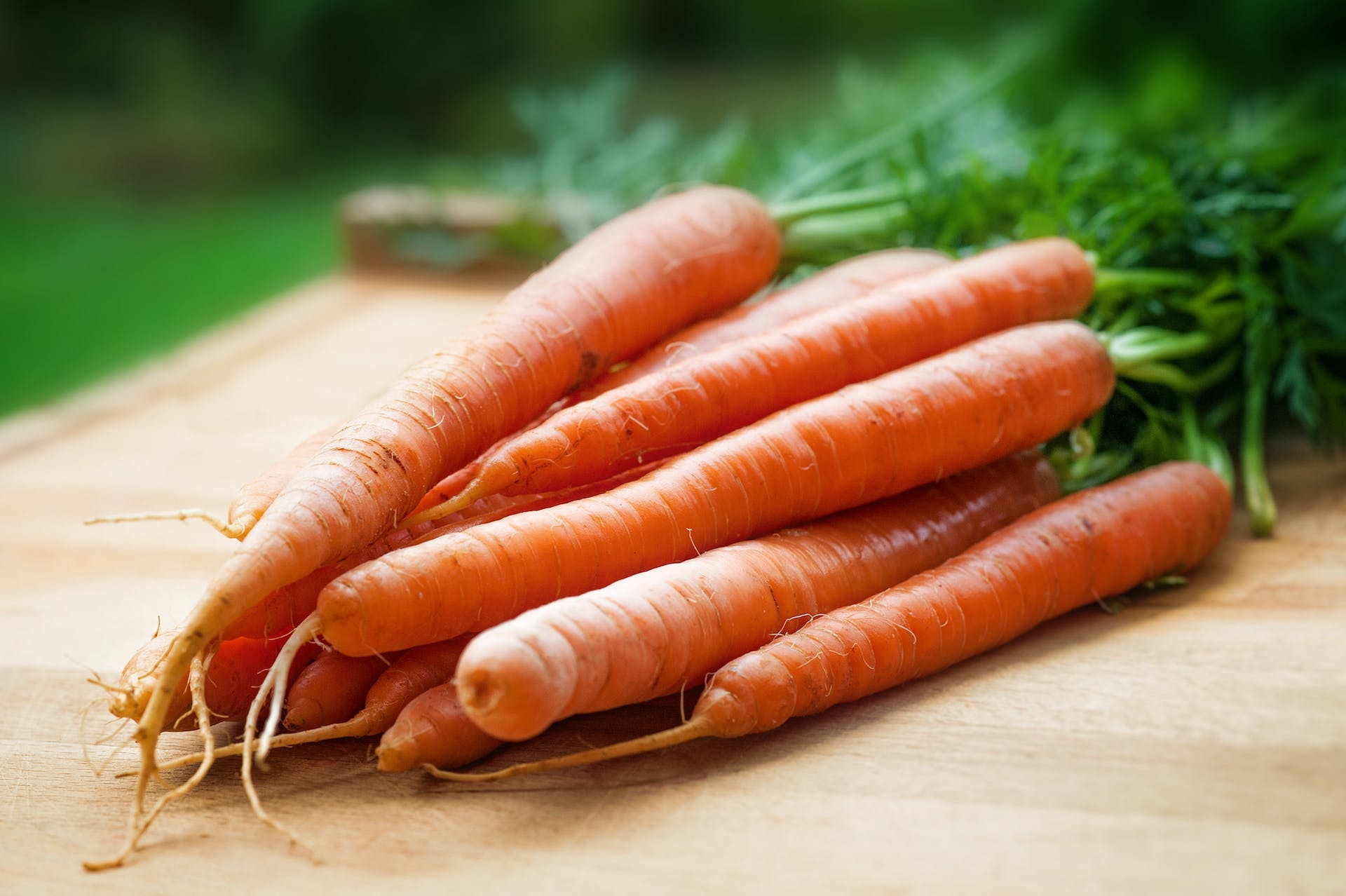When it comes to maintaining optimal kidney function, dietary choices play a crucial role. Among the various foods touted for their potential benefits, carrots often find themselves in the spotlight. But the question persists: Is carrot good for creatinine levels? Let's delve into the intricacies of this root vegetable and its impact on kidney health.
Understanding Creatinine Levels
Creatinine is a waste product generated by the muscles during metabolism. It is filtered out of the blood by the kidneys and excreted in urine. Elevated creatinine levels can indicate impaired kidney function, making it a vital marker for kidney health.The Nutritional Profile of Carrots
Carrots are renowned for their rich nutritional content, boasting an array of vitamins, minerals, and antioxidants. They are particularly high in beta-carotene, a precursor to vitamin A, which is crucial for maintaining healthy skin, vision, and immune function.Carrots and Kidney Health
1. Hydration and Fiber Content:
Carrots are composed largely of water, contributing to hydration – a key factor in kidney health. Additionally, their fiber content aids in digestion, potentially benefiting those with kidney issues by promoting regular bowel movements and reducing strain on the kidneys.2. Antioxidant Properties:
Antioxidants, such as beta-carotene and other phytochemicals found in carrots, help combat oxidative stress. This is significant because oxidative stress can contribute to kidney damage. Including carrots in your diet may provide a protective effect against oxidative damage.3. Low in Potassium:
People with kidney issues often need to monitor their potassium intake. Carrots are low in potassium, making them a suitable choice for individuals seeking to control their potassium levels.Incorporating Carrots into a Kidney-Friendly Diet
While carrots offer potential benefits for kidney health, moderation is key. Here are some tips for incorporating carrots into a kidney-friendly diet:- Enjoy Raw or Cooked: Whether raw as a snack or cooked in various dishes, carrots can be a versatile addition to your meals.
- Limit High-Potassium Pairings: When consuming carrots, be mindful of pairings that might increase potassium levels. Opt for low-potassium side dishes to maintain a balanced intake.
- Consult with a Healthcare Professional: Individuals with existing kidney conditions should always consult with their healthcare provider or a registered dietitian to tailor dietary choices to their specific needs.
Conclusion
In conclusion, carrots can be a positive addition to a kidney-friendly diet due to their hydration, fiber, and antioxidant properties. However, it's crucial to maintain balance and consult with healthcare professionals for personalized advice. While carrots can contribute to overall health, they are just one piece of the puzzle in fostering optimal kidney function.Are you tired of living under the shadow of kidney disease? Are you yearning for a life free from the shackles of dialysis, kidney failure, and the looming threat of kidney transplants? If so, you're in the right place at the right time. Imagine waking up every morning with boundless energy, feeling rejuvenated and ready to take on the day. Envision a life where your kidneys are functioning optimally, and you no longer dread the burdensome routines of dialysis sessions. The Kidney Disease Solution Program is here to turn that vision into reality for you.


